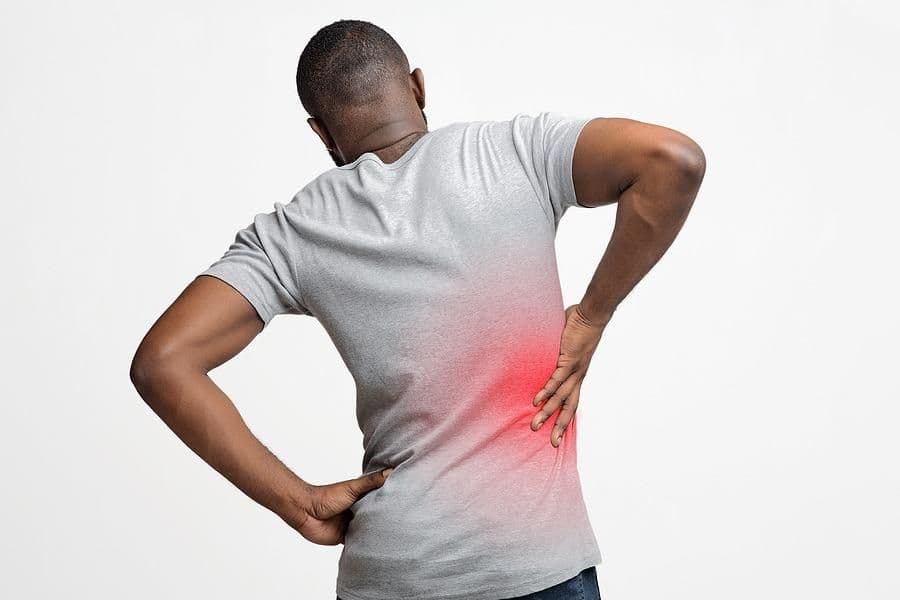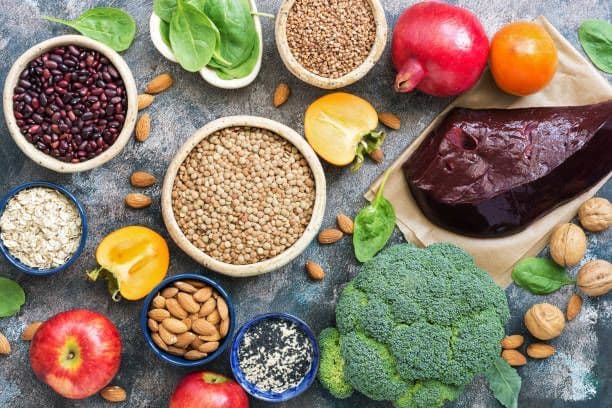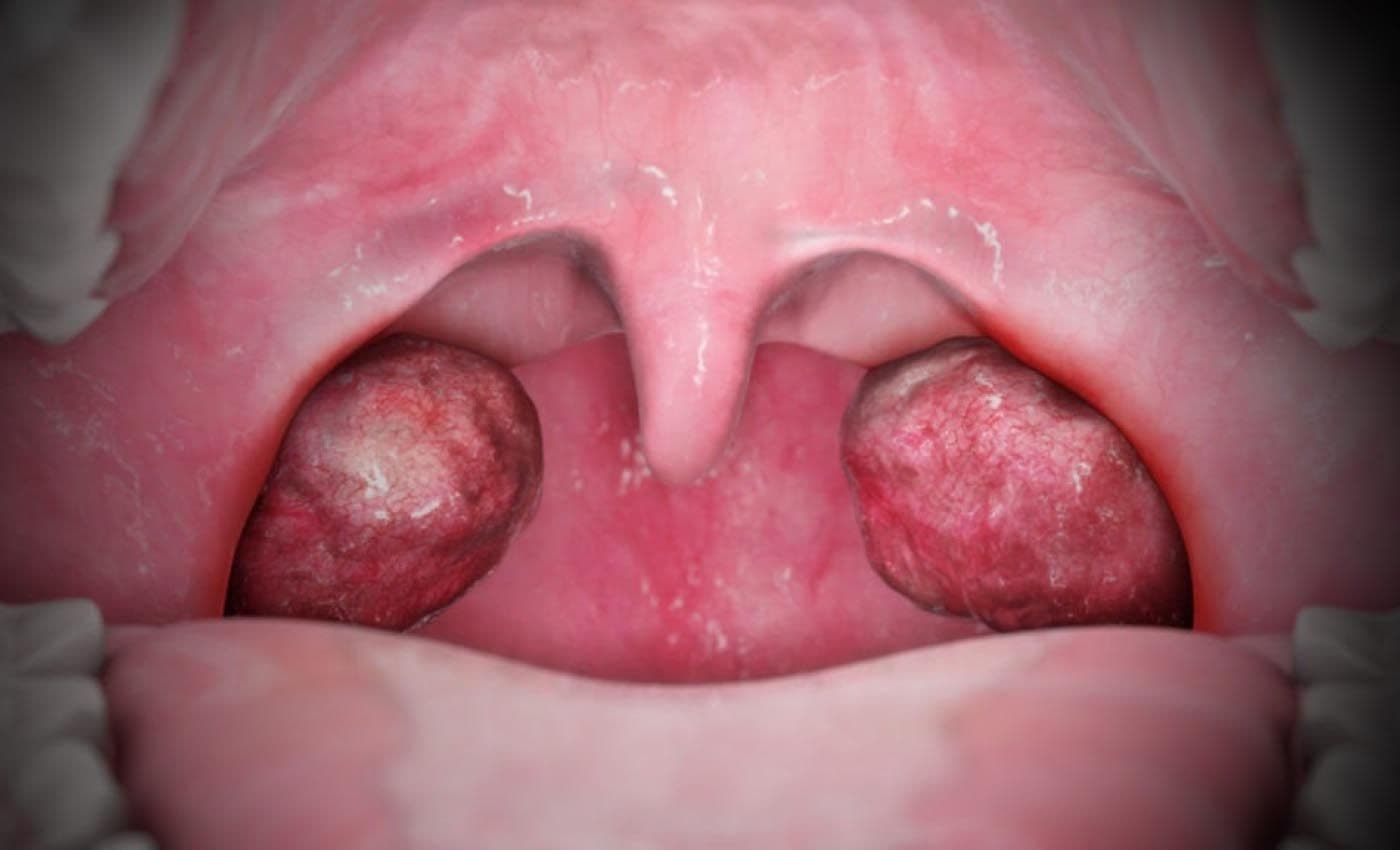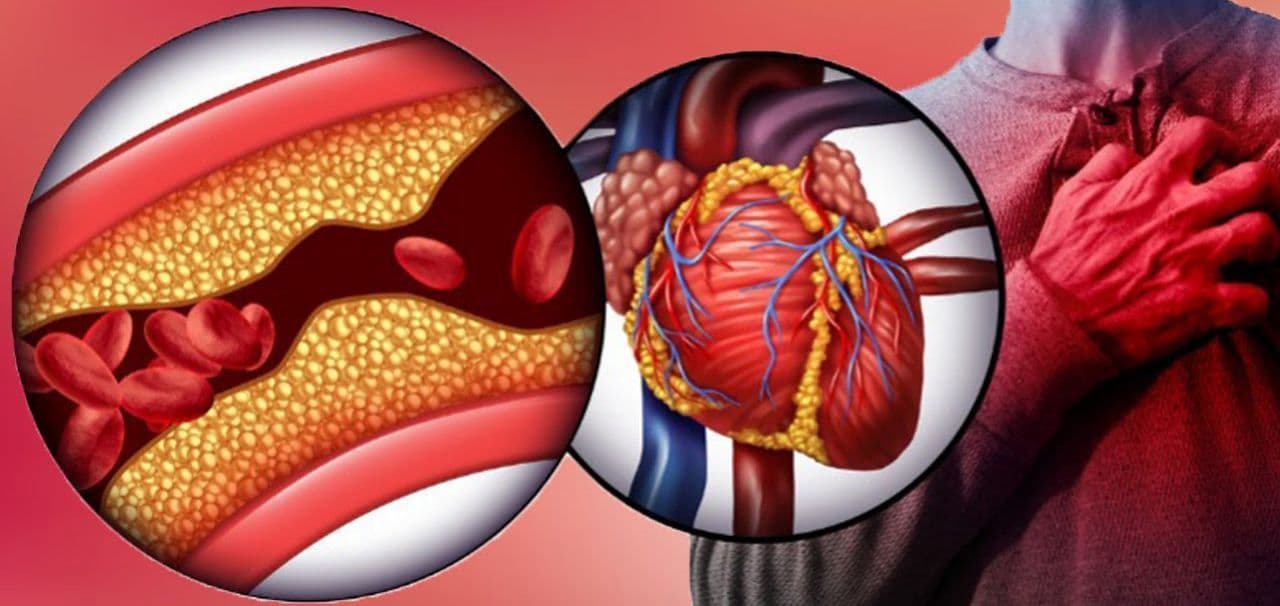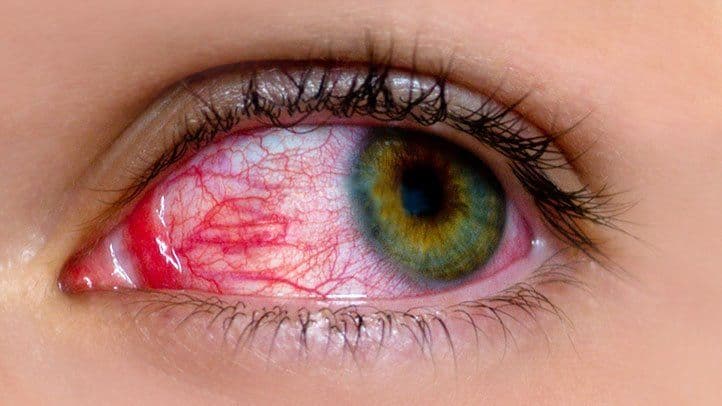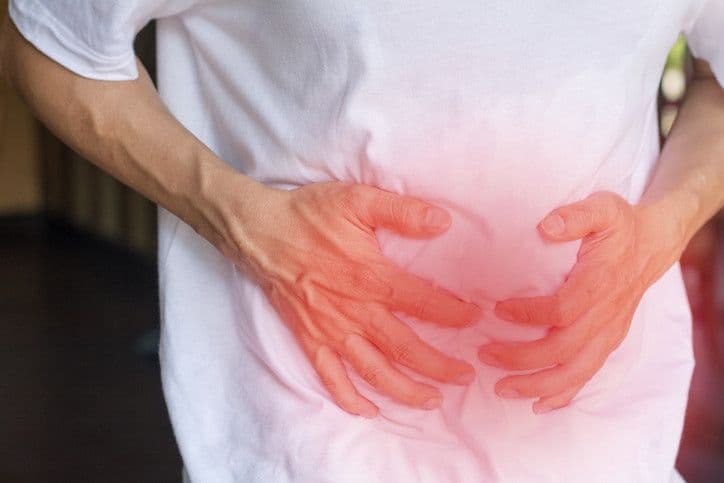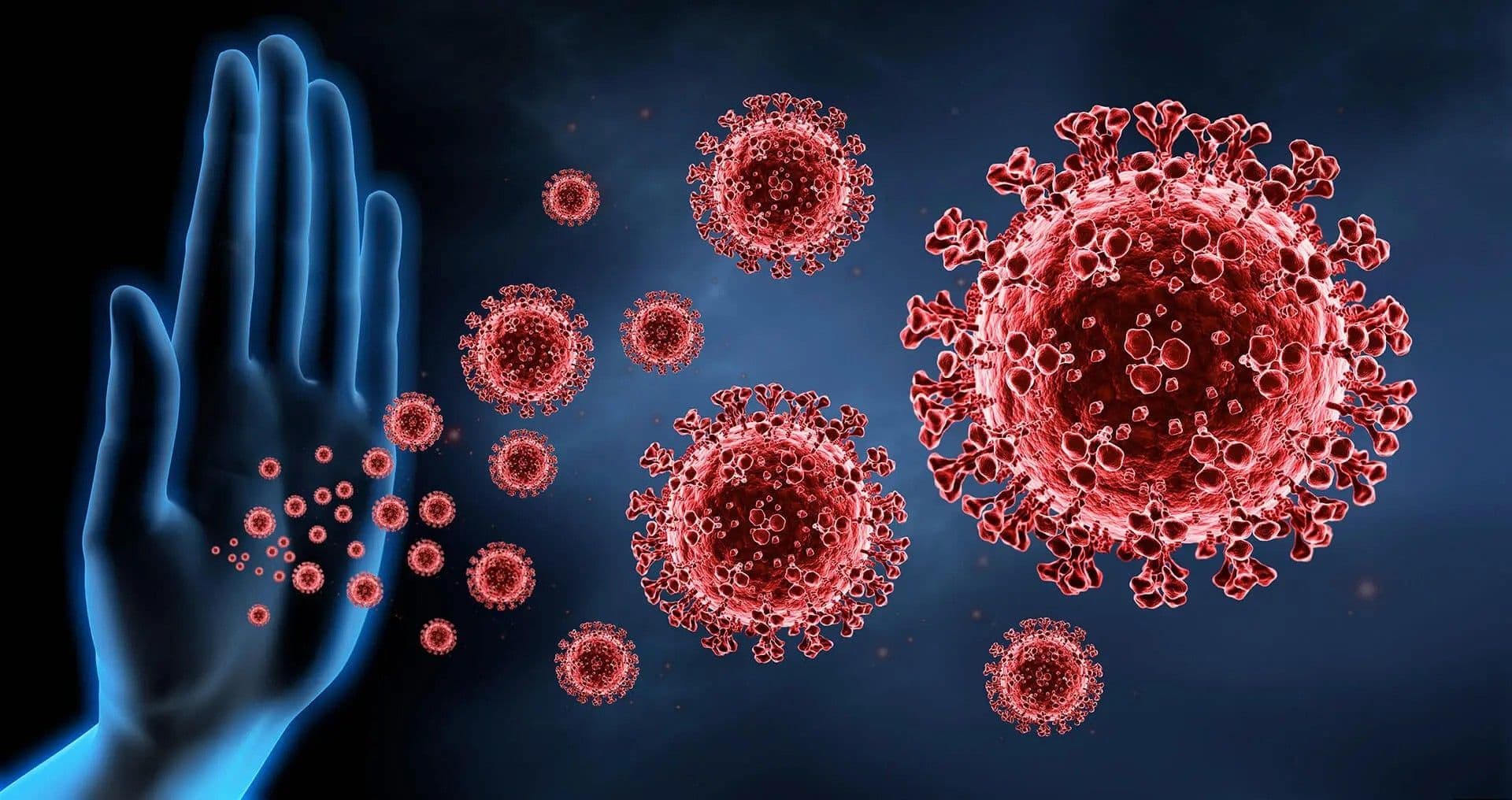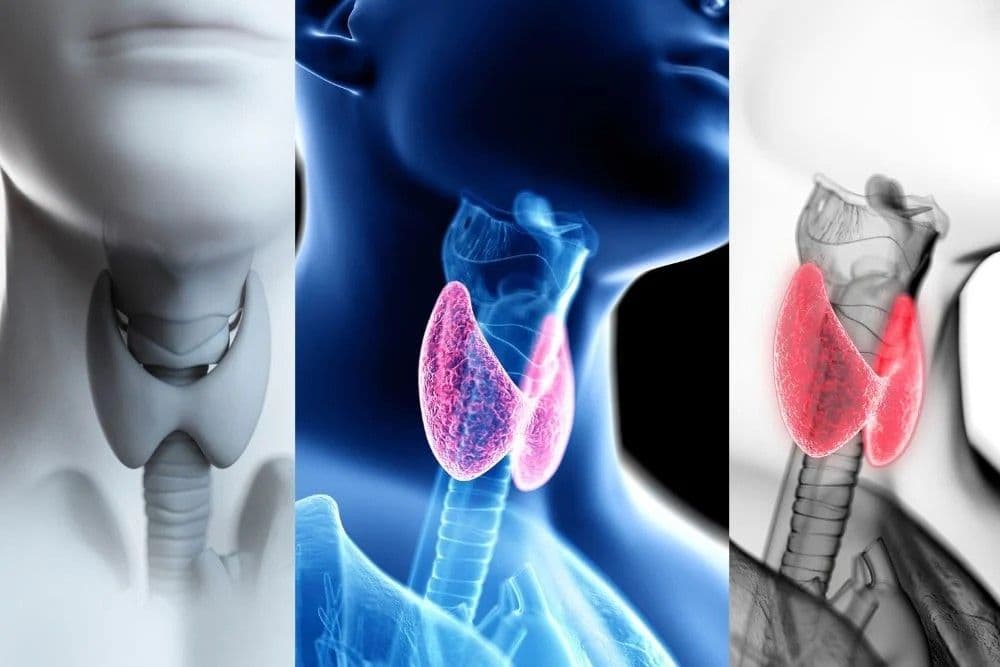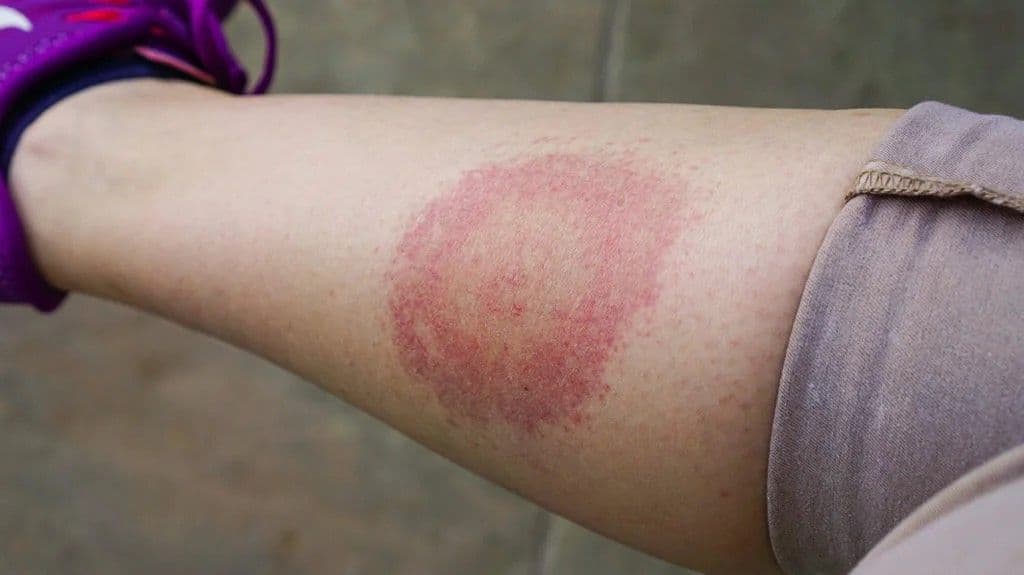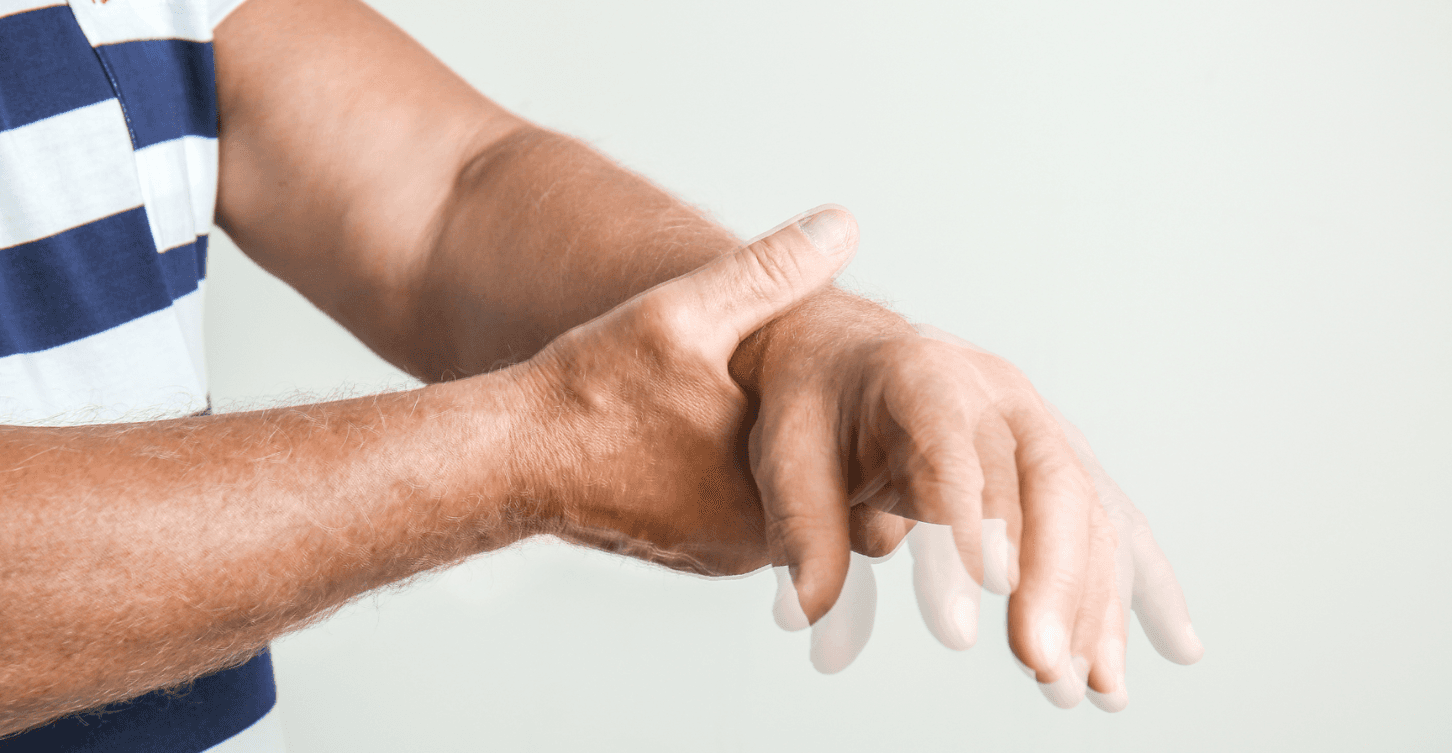What Are Kidney Stones?
Kidney stones, also known as renal calculi, are hard deposits of minerals and salts that form in the kidneys. These deposits can vary in size and composition, but they all develop when certain substances in the urine become concentrated enough to form crystals. Over time, these crystals accumulate and form a stone that can cause discomfort or pain when it moves through the urinary tract.
Kidney stones are formed due to various factors, including dehydration, a diet high in oxalates or proteins, and certain metabolic disorders. Although they are often painful, many kidney stones do not cause permanent damage if identified and treated properly.

What Are the Symptoms and Causes of Kidney Stones?
Symptoms
A kidney stone usually does not cause symptoms until it moves within the kidney or passes into one of the ureters. The ureters are the tubes that connect the kidneys to the bladder.
If a kidney stone becomes lodged in the ureters, it may block the flow of urine and cause the kidney to swell and the ureter to spasm, which can be very painful. At that point, you may experience the following symptoms:
- Sharp, severe pain in the side and back, below the ribs.
- Pain that radiates to the lower abdomen and groin.
- Pain that comes in waves and fluctuates in intensity.
- Pain or burning sensation when urinating.
Other signs and symptoms may include:
- Pink, red, or brown urine.
- Cloudy or foul-smelling urine.
- A persistent need to urinate, urinating more often than usual, or urinating in small amounts.
- Nausea and vomiting.
- Fever and chills if an infection is present.
The pain caused by a kidney stone may change (for example, shifting to a different location or increasing in intensity) as it moves through the urinary tract.
Causes
Kidney stones often do not have a single defined cause, although various factors can increase the risk of developing them. These factors can influence the amount of crystal-forming substances in the urine or the body's ability to dilute them, creating an environment conducive to stone formation.
Some of the most common causes include:
- Dehydration: Lack of fluids reduces urine production, allowing crystal-forming substances to concentrate and crystallize.
- Diet: A diet high in animal protein, sodium, or sugar can increase calcium excretion and lower levels of citrate, a natural inhibitor of stones.
- Medical conditions: Disorders such as gout, urinary tract infections, and metabolic problems that affect calcium and other minerals' absorption increase the risk of stones.
- Genetic factors: Genetic predisposition can make some people more prone to developing kidney stones.
- Medications: Some medications can increase the risk of stone formation, especially those that affect urine chemistry.

Types of Kidney Stones
There are several types of kidney stones, each with different causes and compositions. The most common types include:
- Calcium Stones: These are the most common and are usually made of calcium oxalate. Oxalate is a substance found in many foods and is also produced by the liver. Factors like a high intake of oxalate, certain diets, vitamin D supplements, and metabolic disorders can increase the concentration of oxalate in the urine.
- Uric Acid Stones: These can form in people who don't drink enough fluids, lose too much fluid, eat a high-protein diet, or have gout. Uric acid is a waste product that forms when the body metabolizes purines, substances found in certain foods and beverages.
- Struvite Stones: These stones form in response to an infection, such as a urinary tract infection. They can grow quickly and become quite large, sometimes with few symptoms or little warning.
- Cystine Stones: These stones form in people with a hereditary disorder called cystinuria, which causes the kidneys to excrete too much cystine, a type of amino acid, into the urine.
Each type of stone has a different treatment and prevention approach based on its composition and underlying cause.
How Are Kidney Stones Treated?
Treatment for kidney stones depends on the size of the stone, its composition, and the severity of the symptoms it is causing. Common treatments include:
- Medical Treatments: For small kidney stones, pain medication and maintaining good hydration may be all that is needed. Alpha-blockers are medications that can relax the muscles in the ureter, helping the stone pass more easily.
- Shock Wave Lithotripsy (SWL): This procedure uses shock waves to break up large stones into small fragments that can pass more easily through the urine. It is a non-invasive procedure performed in a hospital or clinic.
- Minimally Invasive Surgery: If the stones are too large to pass on their own or are causing severe symptoms, surgery may be necessary. Ureteroscopy and percutaneous nephrolithotomy are techniques used to remove or break up large stones.
- Dietary Changes and Medications: To prevent future stones, doctors may recommend dietary changes, such as reducing sodium or animal protein intake. They may also prescribe medications that control the amount of minerals and acid in the urine.
Each treatment has its own benefits and risks, and the right choice depends on several patient-specific factors.

Can Kidney Stones Go Away on Their Own?
In some cases, kidney stones can pass on their own without the need for medical intervention, especially if they are small and detected early. Smaller kidney stones are more likely to pass through the urinary tract on their own. The time it takes for a kidney stone to pass depends on several factors, including the size and location of the stone, as well as the individual's anatomy.
Doctors often recommend increasing fluid intake to help small stones move more easily through the urinary tract. They may also prescribe medications that relax the muscles of the ureter, facilitating the passage of the stone. However, for larger stones or if severe symptoms such as intense pain, fever, or infections are experienced, medical treatment is likely needed to avoid complications.
Can Kidney Stones Be Prevented?
Preventing kidney stones is possible by making changes in lifestyle and diet. Staying well-hydrated is essential, as water dilutes substances in the urine that can form stones. Reducing the intake of sodium, animal proteins, and oxalate-rich foods also helps prevent them. It's important to consume adequate amounts of calcium, as both excess and deficiency can contribute to stone formation.
For those at high risk, following medical advice, which may include the use of medications to control mineral levels in the urine, is recommended. Regular monitoring through urine tests and imaging can also help detect stone formation in its early stages and prevent its growth or recurrence.

What to Eat and What to Avoid When You Have Kidney Stones
Diet plays a crucial role in managing and preventing kidney stones. If you have kidney stones, it is advisable to consume low-oxalate foods such as bananas, melons, and kale. It is also important to maintain adequate calcium intake through low-fat dairy products, as this can help reduce oxalate absorption in the intestines. Additionally, reducing sodium intake is recommended, as too much salt can increase the amount of calcium in the urine, raising the risk of stone formation.
On the other hand, it is best to avoid high-oxalate foods such as spinach, beets, and nuts, as they can contribute to the formation of calcium oxalate stones. Moderating the intake of animal proteins, which can increase uric acid and calcium in the urine, is also advised. Limiting sugary drinks and alcohol is beneficial as well, as they can concentrate the urine and promote stone formation.

